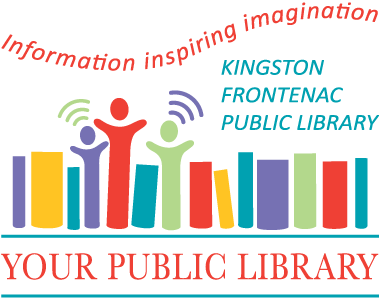Reviewed by Gracie
The Break by Katherine Vermette tells the story of Stella, a young Metis mother, who one night witnesses a horrific scene unfold before her, and calls the police to notify them of a possible crime in the Break. Through a series of shifting narratives, those connected, directly or indirectly, to the victim recount the stories of their past up until that fateful night. Phoenix is a troubled, homeless teenager, constantly in dangerous situations and in trouble with the law. Cheryl, a painter, continues to grapple with the tragic death of her younger sister Rain. Paulina, a single mother, struggles with trust. Officer Scott feels torn between his duty to protect, and his cultural ties. Through their eyes, what Stella reported that night comes into focus. This intergenerational saga showcases a fictional, yet realistic reality for those living in North Winnipeg.
Looking to dive more into Indigenous literature? Pick up The Outside Circle by Patti LaBoucane-Benson. With stunning visuals by Kelly Mellings and detailed storytelling by Patti LaBoucane-Benson, this graphic novel follows two brothers in a quest to break the cycle of intergenerational trauma after years of their life surrounded by substance misuse, poverty, and gang violence. By reconnecting with their roots, Patti LaBoucane-Benson tells a sad, and important story of brothers reconnecting with their roots to find true peace and healing from within.
If you prefer audio-storytelling, the podcast Thunderbay by CANADALAND is certainly a fantastic choice. This podcast hosted by Ryan McMahon delves into the horrific reality for Indigenous youth in Thunder Bay. Forced to relocate to Thunder Bay in order to achieve an education, many of the teenagers and children are placed into homes where they are neglected, misunderstood, and abused. Many of the individuals are targeted due to their culture and experience of racism, violence, and negligence. This podcast exposes the heartbreaking reality of Indigenous youth in Thunder Bay, so listener discretion is advised; it delves deeper into the hurtful truth many experience. What the media produces and chooses to share is only a sliver of the hardships Indigenous communities in Canada, and across the globe, face in their day-to-day lives. Many believe violence against Indigenous peoples stopped in 1996, when the final residential school closed in Saskatchewan. However, many communities are left without water, proper resources, education, medical and mental health support needed to survive and flourish. By educating yourself through literature and media produced by Indigenous voices, it opens up your perspective to the true nature of the world around you.






